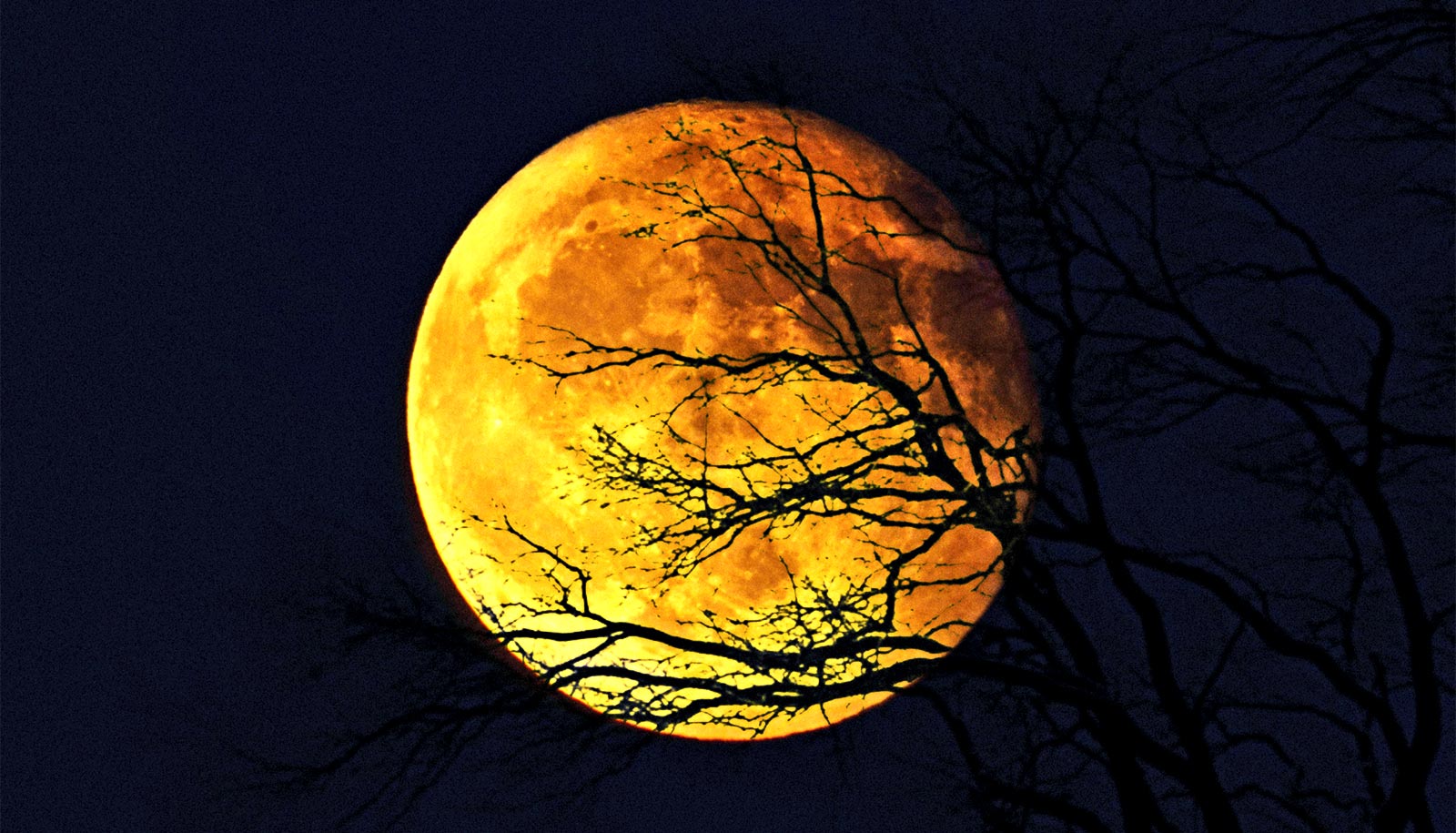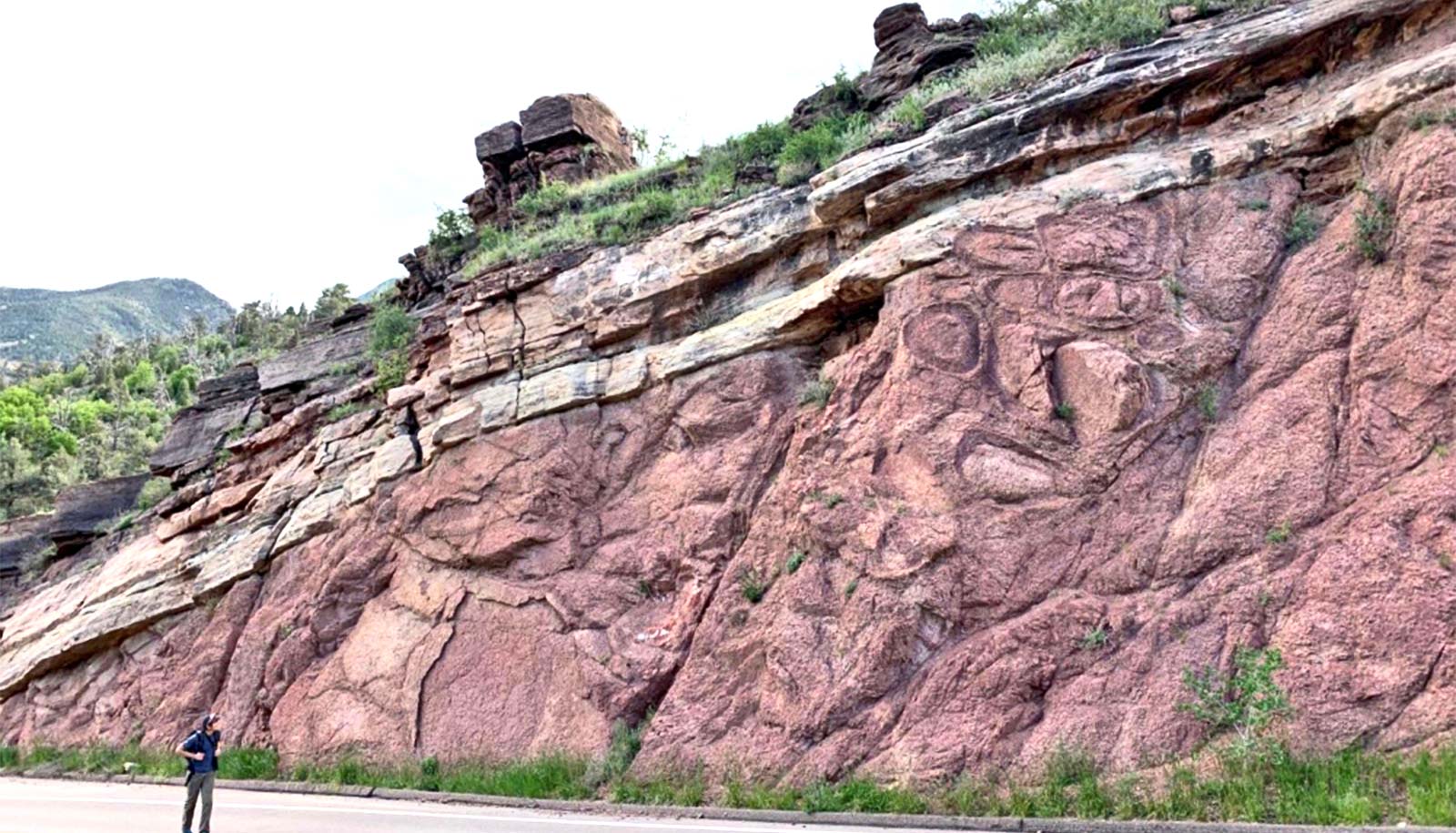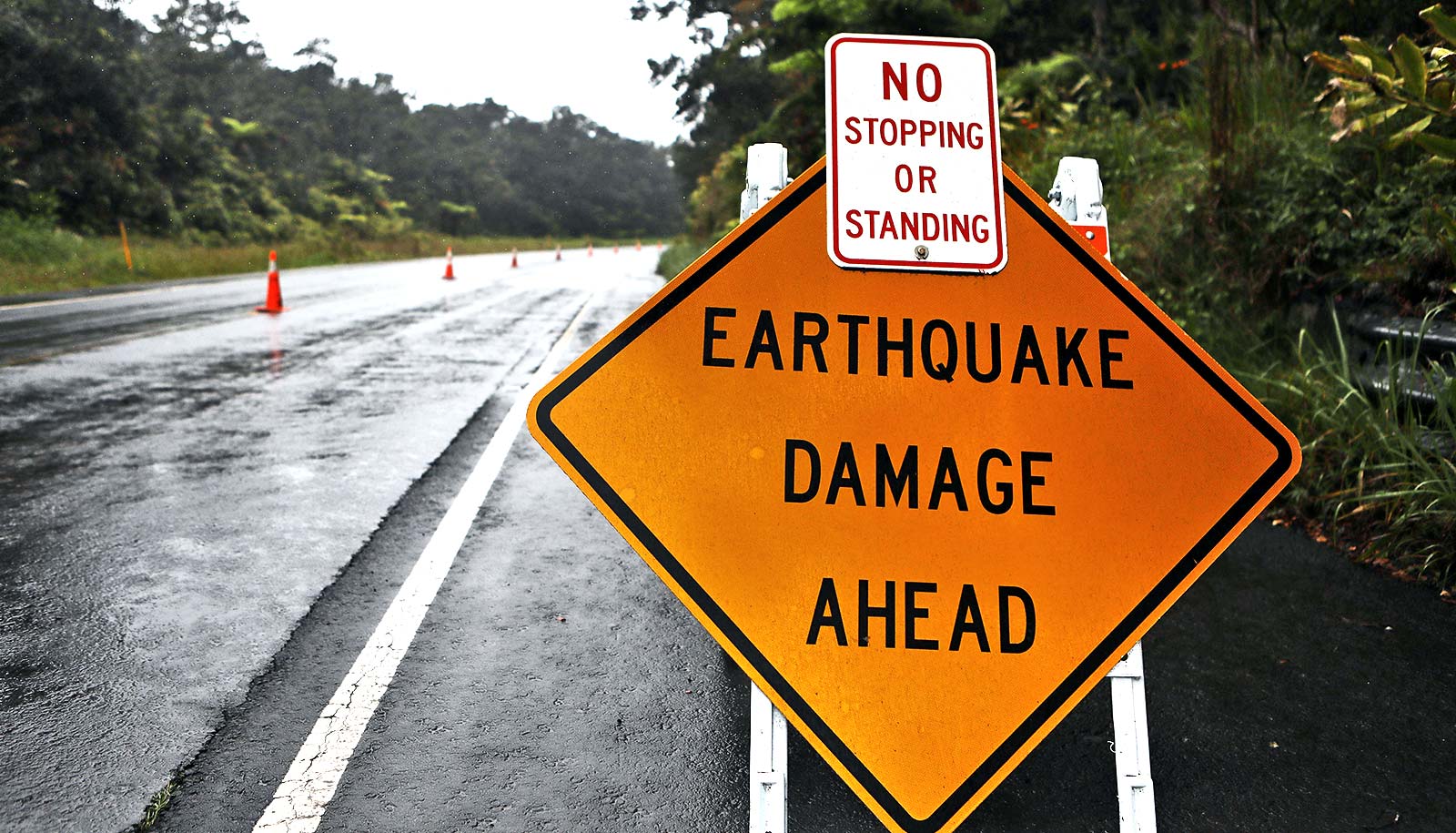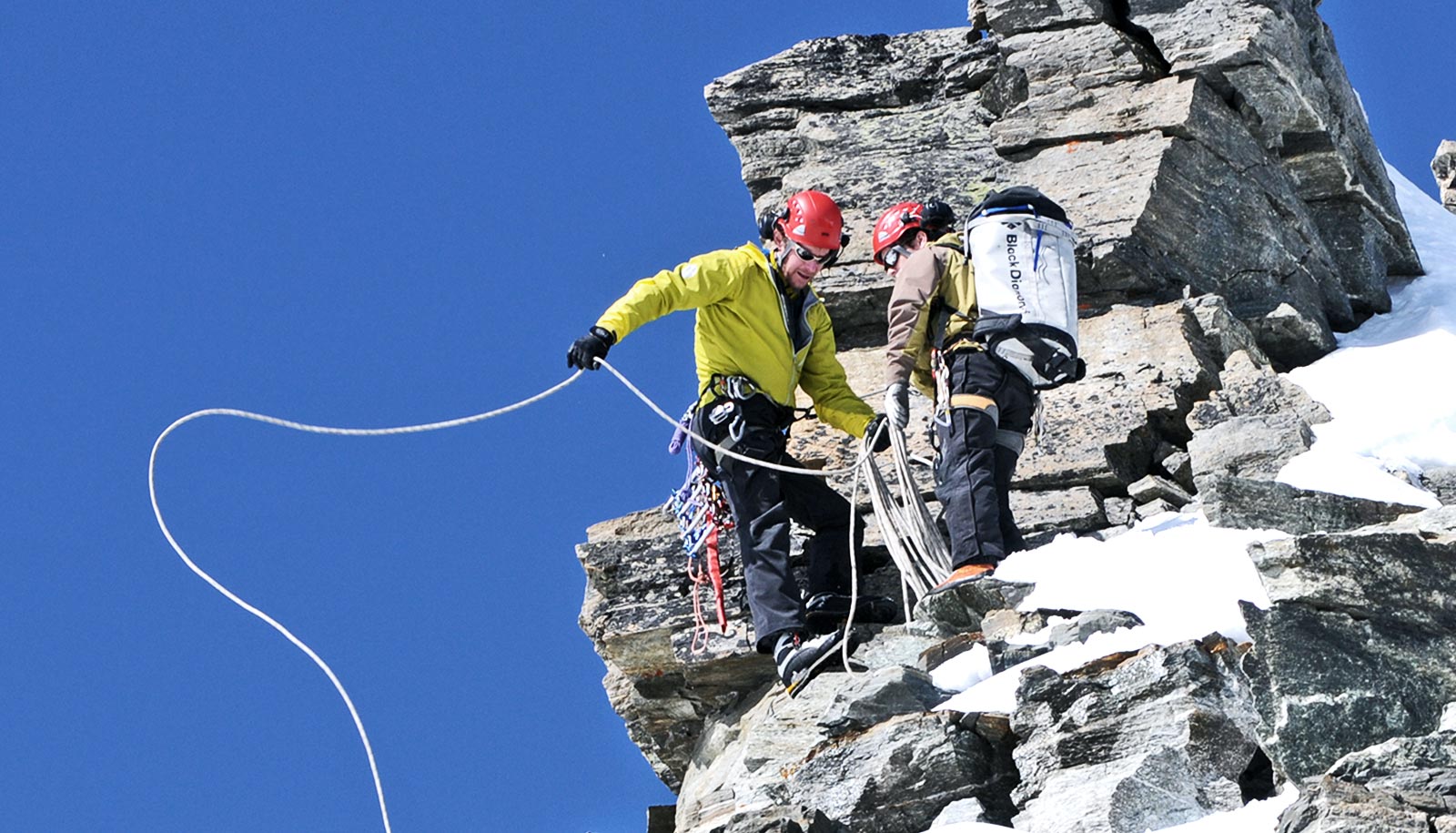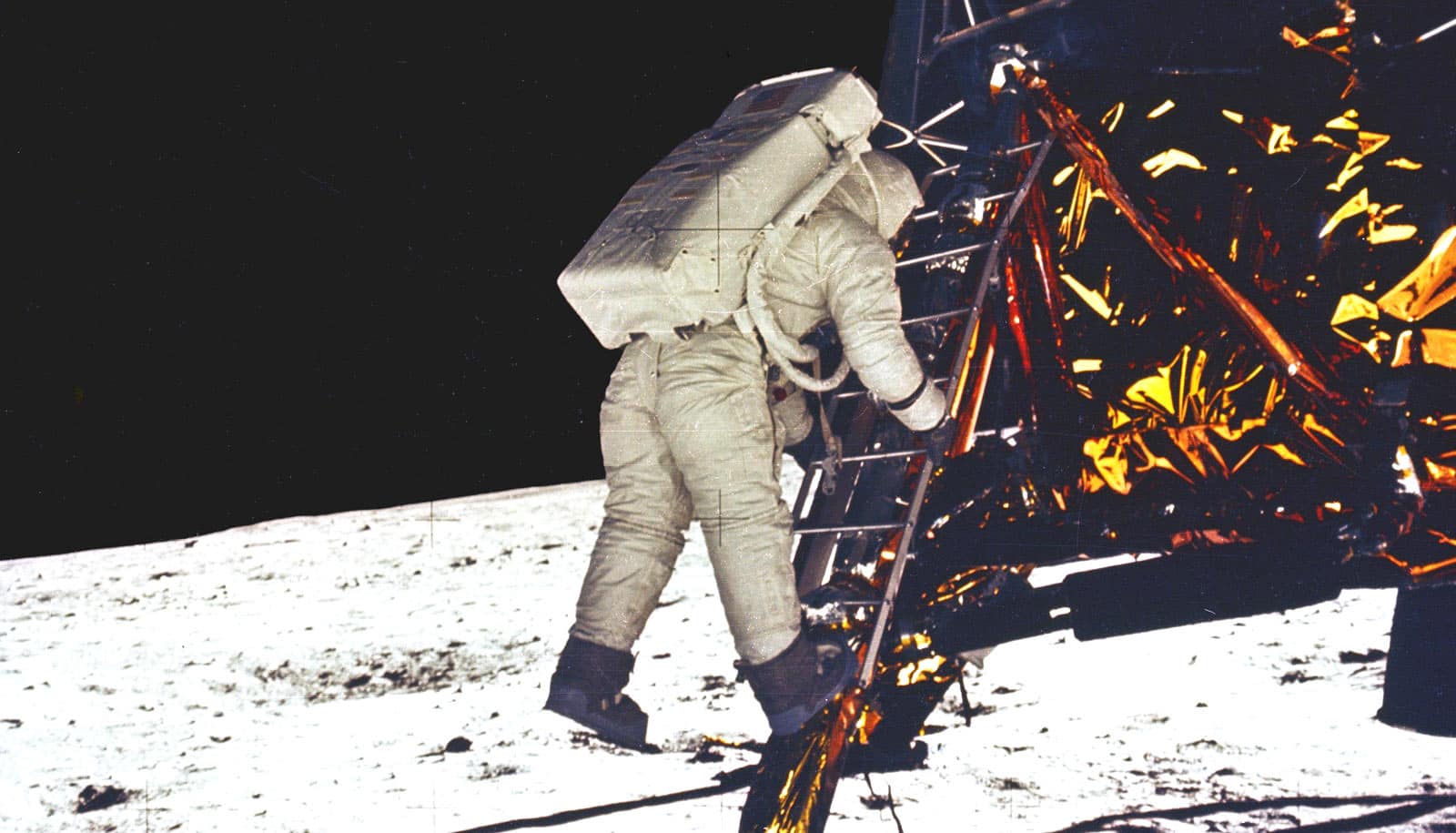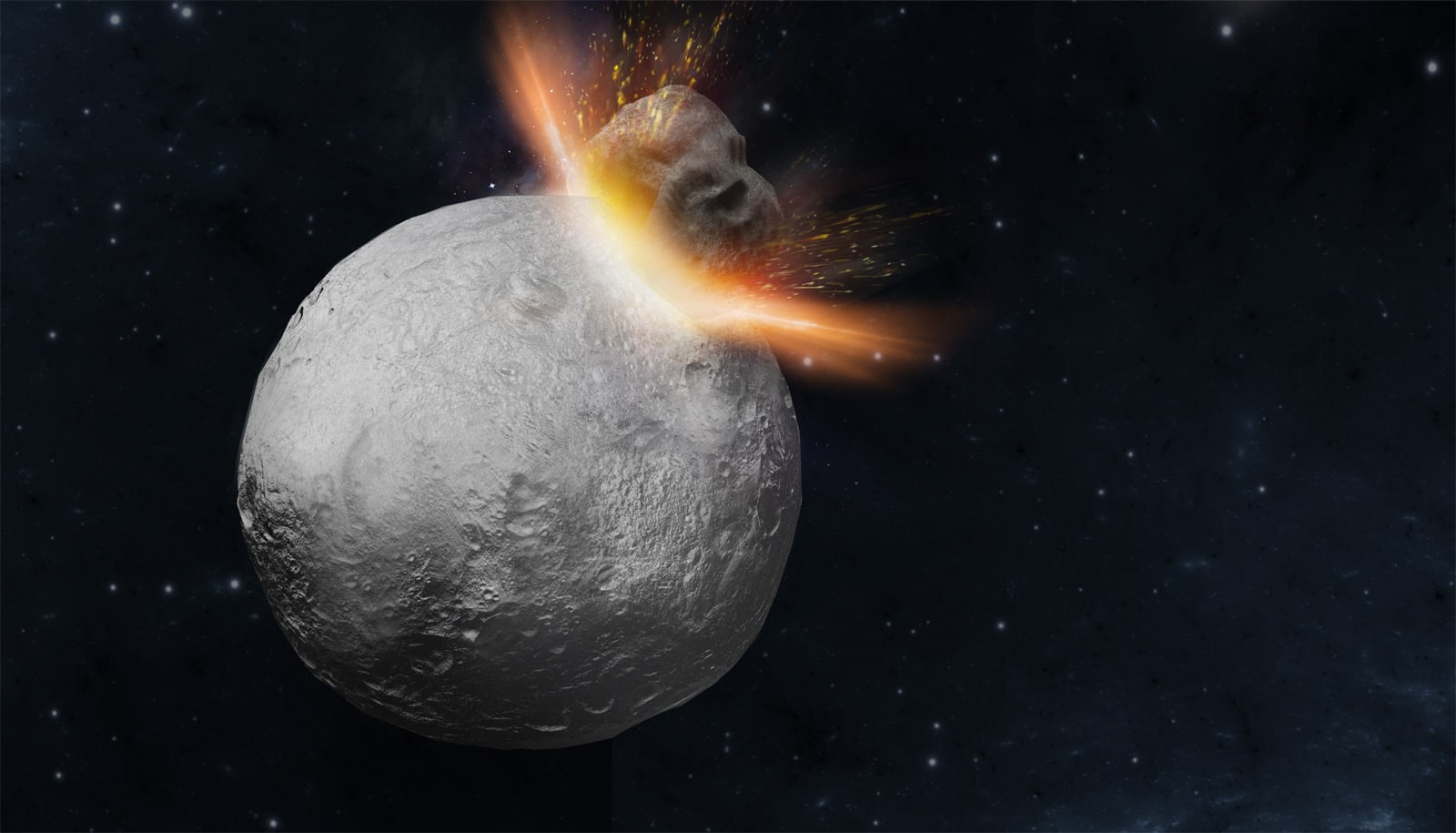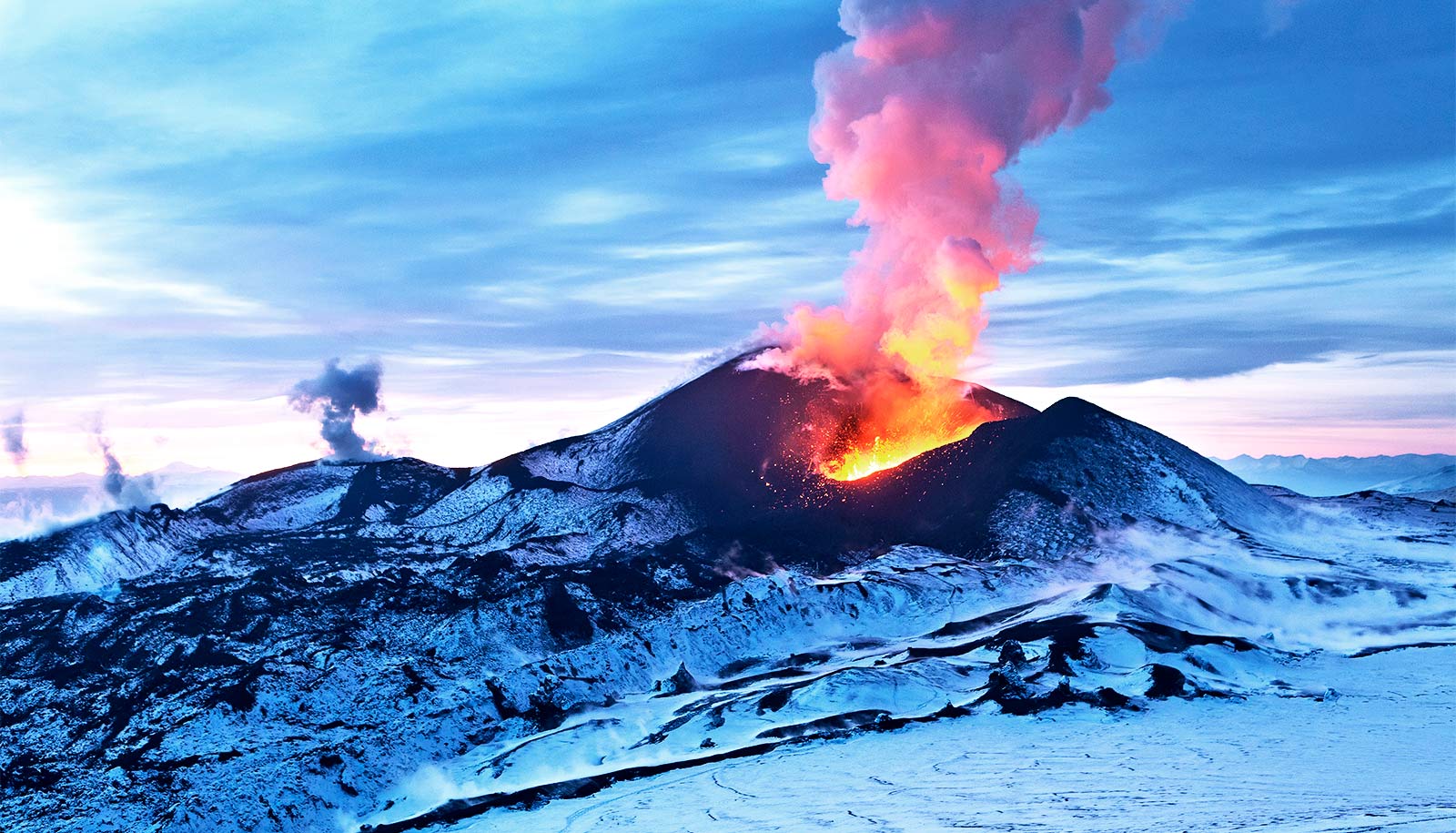Graduate student lands lunar samples to learn how moon was formed
A fourth-year graduate student in the lab of Professor of Geochemistry Stein Jacobsen, Yaray Ku is working on a project aimed at understanding how the moon formed, and to do it, she’s working with actual lunar samples.
Peter Reuell
• harvard
Aug. 20, 2019 • ~5 min
Aug. 20, 2019 • ~5 min
/
6

